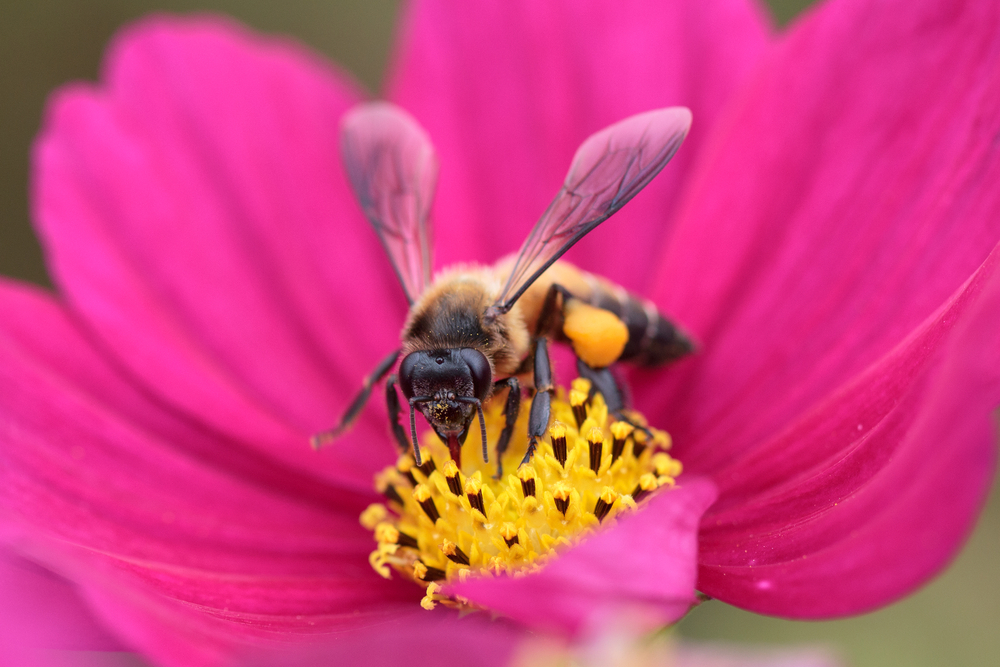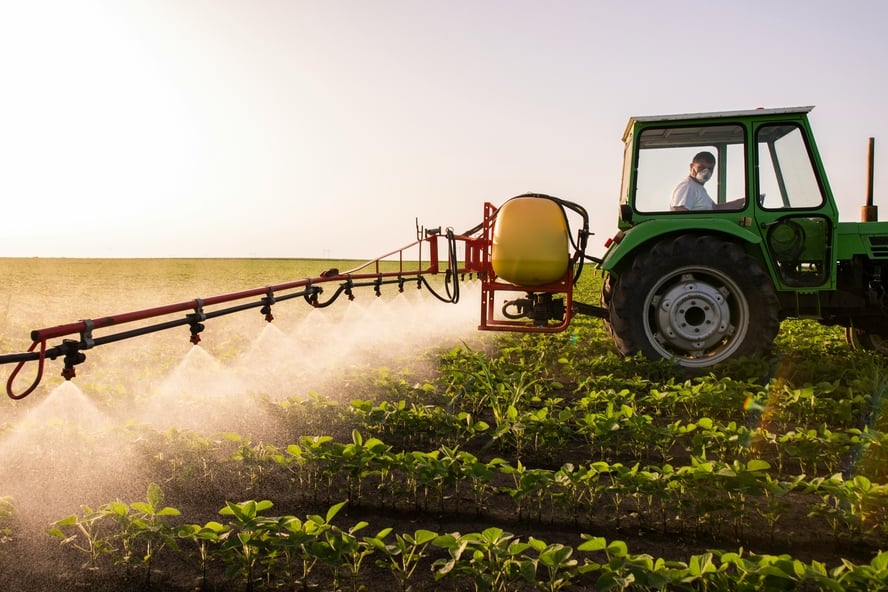There’s one question on everyone’s minds when it comes to our food supply: can pesticides cause cancer? New research published in Frontiers in Cancer Control and Society this summer has found that living in a pesticide-ridden environment could increase the likelihood of developing cancer as much as smoking cigarettes1. The research specifically identified an association between pesticide exposure and increased chances of leukemia, non-Hodgkin’s lymphoma, and cancers of the bladder, colon, lung, and pancreas.
The Big Picture: Looking at Pesticide Exposure As a Whole
The study evaluated the link between pesticides and cancer through a population-based approach, highlighting regional trends via county-wide agricultural pesticide data from the United States Geological Survey and the cancer incidence rates per county from the National Institutes of Health and Centers for Disease Control State Cancer Profiles2. The resulting study takes a more holistic view than previous research, such as the 2018 Agricultural Health Study of 89,000 farmers and their spouses3.

“In the real world, we are never exposed to a single element. Everything is connected, and it can be very complicated,” explains the study’s senior author, Dr Isain Zapata, associate professor at the Rocky Vista University, College of Osteopathic Medicine in Colorado. “Big picture narratives are often overlooked in favor of a targeted ‘one problem/one cause’ approach.”
Is There a List of Pesticides That Cause Cancer?
The scope of the review, which included data on 69 pesticides, notably decenters the narrative focusing on the cancer risk of certain chemicals in particular. For example, the herbicide glyphosate, manufactured by Bayer and marketed as ‘Roundup,’ has come under scrutiny as a potential carcinogen in recent years. This study avoids singling out any given pesticide like glyphosate in favor of looking at the overall effects of widespread exposure.
“In the real world, it is not likely that people are exposed to a single pesticide, but more to a cocktail of pesticides within their region,” Zapata said in a news release4. “We present a list of major pesticide contributors for some specific cancers, but we highlight strongly that it is the combination of all of them and not just a single one that matters.”
Are Pesticides Carcinogenic?

When viewed alongside similar studies, there is now reasonable evidence to support the link between pesticides and cancer incidence. A 2021 study in Ecotoxicology and Environmental Safety notably linked pesticides to colorectal cancer5, and some studies have specifically linked glyphosate to an increased risk of lymphoma6. The International Agency for Research on Cancer classified glyphosate as a probable carcinogen in humans in 2015. In short, are pesticides carcinogenic? Signs point to yes.
Unfortunately, pesticides can reach humans in a number of ways, from trace residues in foods to inhalation, watershed pollution, and direct contact among workers. “In addition,” Zapata explains, “there are many confounders that are cancer-specific, for example: radon exposure and lung cancer,” which were not accounted for in the study. These confounders make it difficult to draw definitive conclusions about individual pesticides and their sources. “We can only assess the overall exposure using county-level pesticide usage as a proxy,” he continues, “but we cannot quantify risk among specific sources.”
Pesticide Exposure and Other Health Effects
To make matters worse, cancer is far from the only health risk of pesticide exposure. On October 11, links between these chemicals and endocrine disruption finally led the EPA to release a proposed plan to implement an Endocrine-Disruptor Screening Program7. This program will evaluate how pesticides harm the hormone systems of both humans and wildlife, especially when it comes to fertility, sexual function, sleep, and immune response.

Awareness Around Cancer-Causing Pesticides
In conclusion, cancer-causing pesticides affect more than just farmers. People who live in communities with heavy agricultural production, such as the Midwest, are often unknowingly exposed to many of the pesticides used in their environment. And unlike smoking, your environment isn’t always something you can choose to “quit.” It’s yet another reason to go organic whenever possible!
To this end, Zapata and his team of researchers note that one of the main goals of their study is awareness. Getting people to think about the problems that pesticides create in a bigger context is a key step in minimizing carcinogen exposure.
Read More on Organic Authority

Sources:
- https://www.frontiersin.org/journals/cancer-control-and-society/articles/10.3389/fcacs.2024.1368086/full
- https://www.sciencebase.gov/catalog/item/6081a924d34e8564d68661a1
- https://academic.oup.com/jnci/article/110/5/509/4590280
- https://www.eurekalert.org/news-releases/1051160?
- https://linkinghub.elsevier.com/retrieve/pii/S0147651321004383
- https://pubmed.ncbi.nlm.nih.gov/31342895/
- https://www.federalregister.gov/documents/2024/10/11/2024-23633/proposed-partial-settlement-agreement-and-consent-decree-claim-regarding-implementation-of-endocrine
Source link

